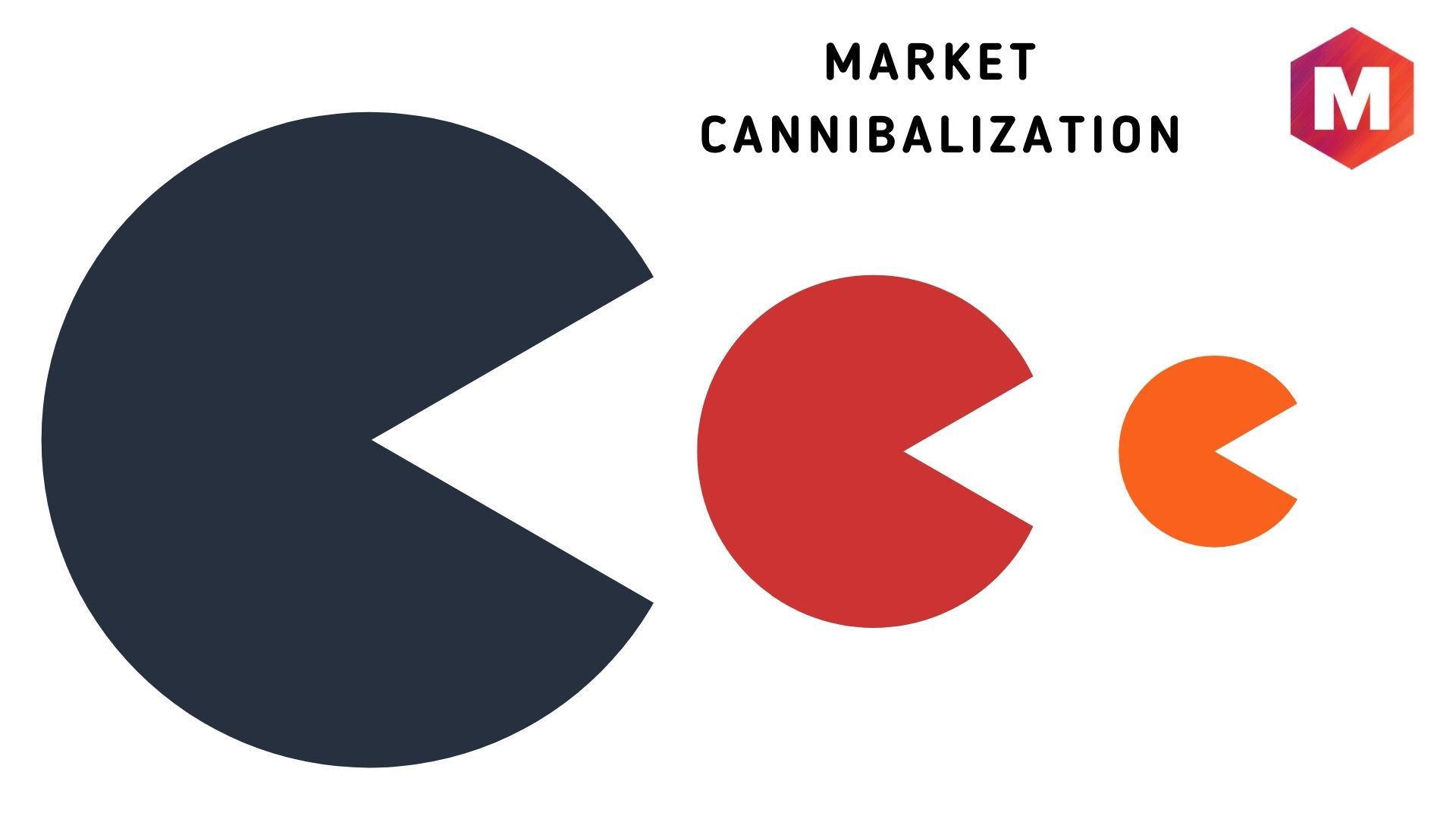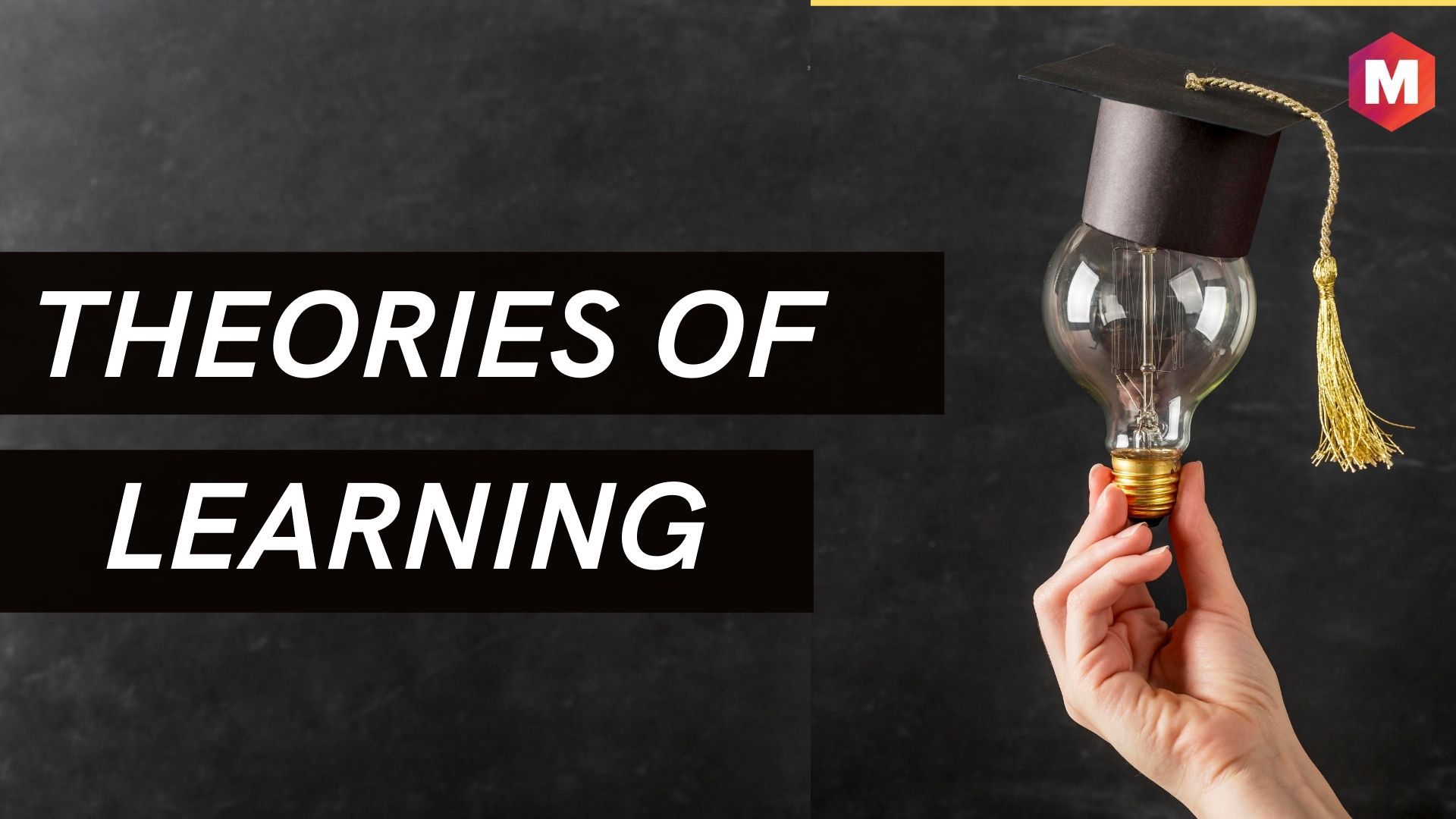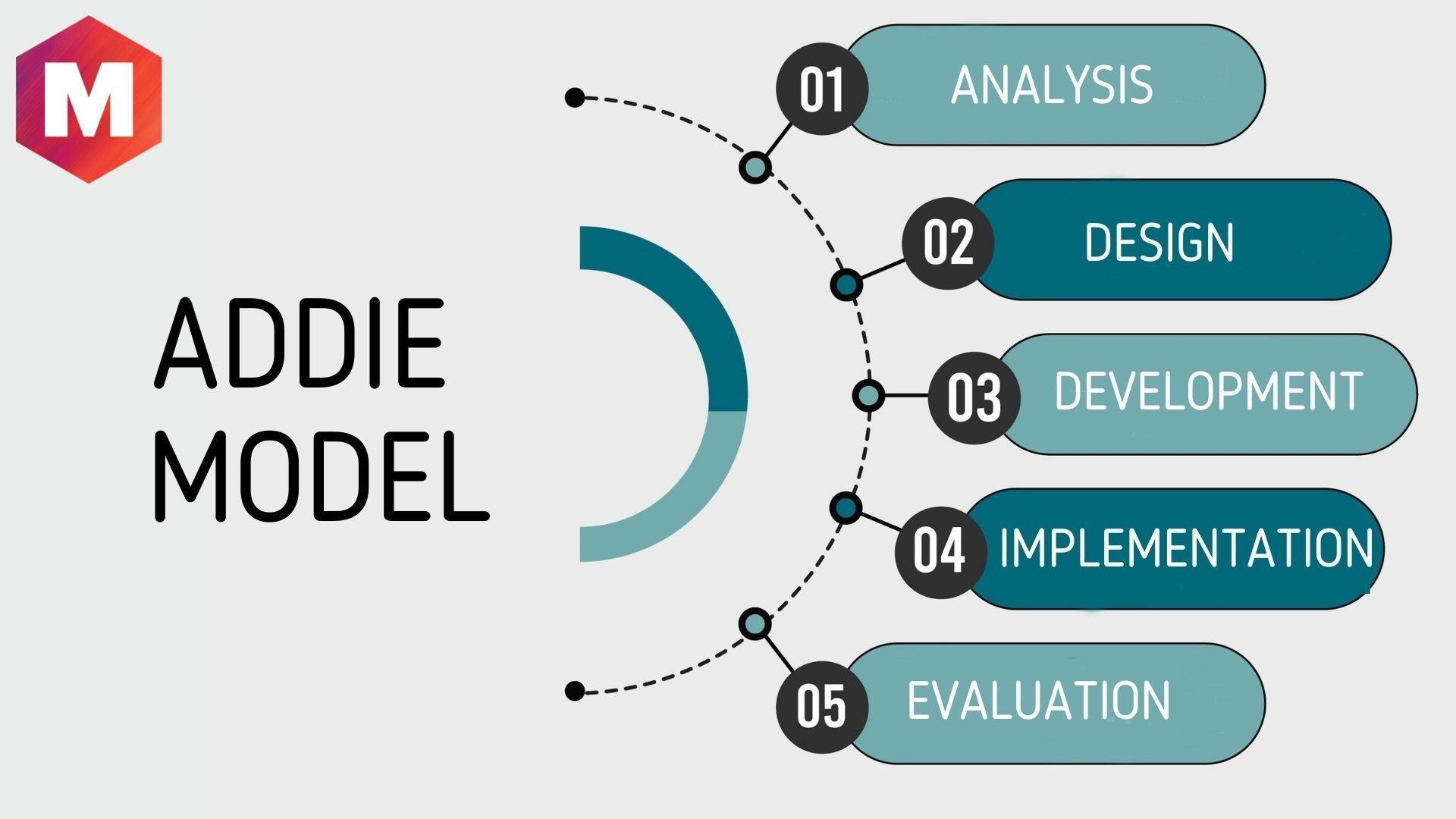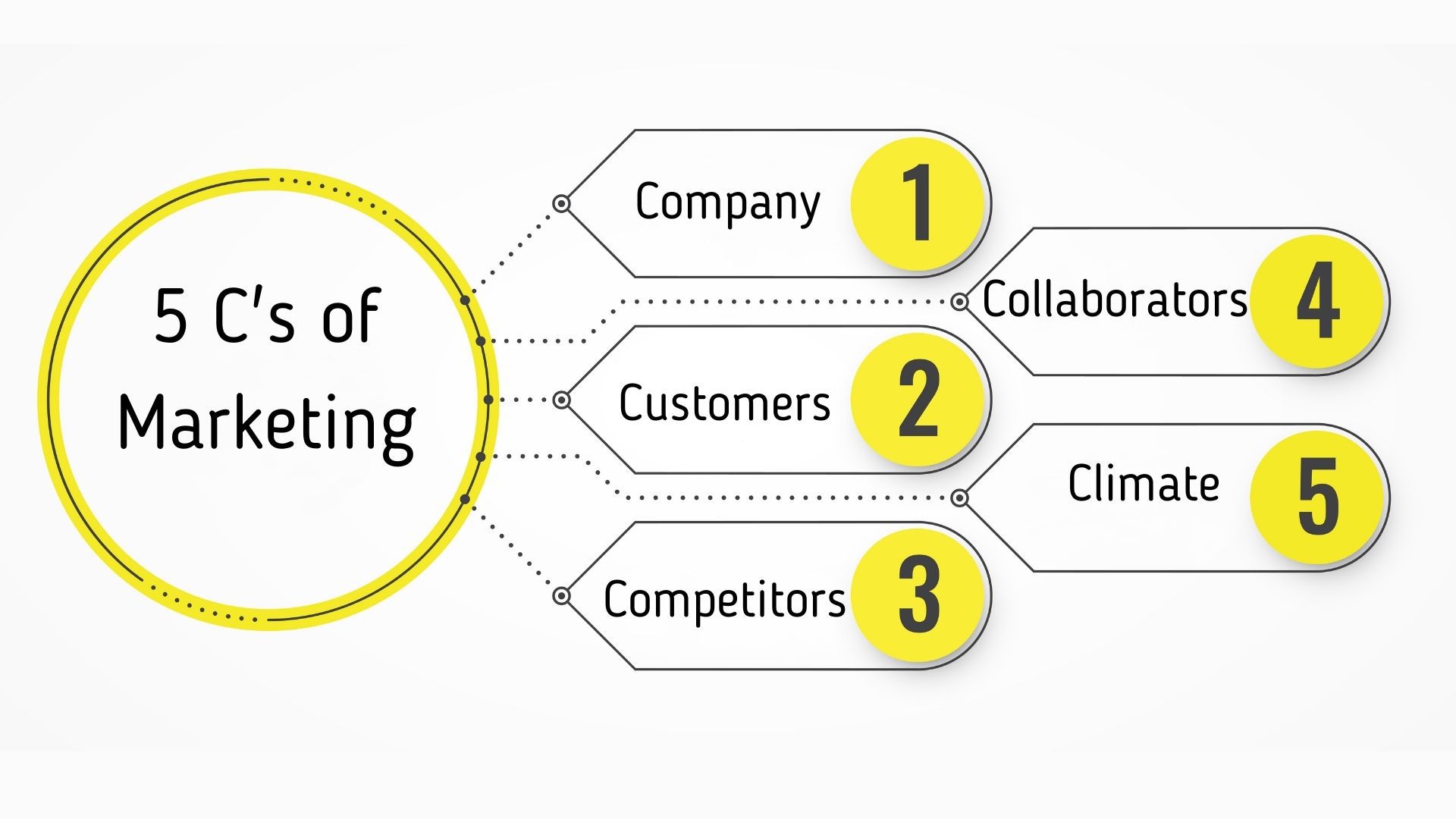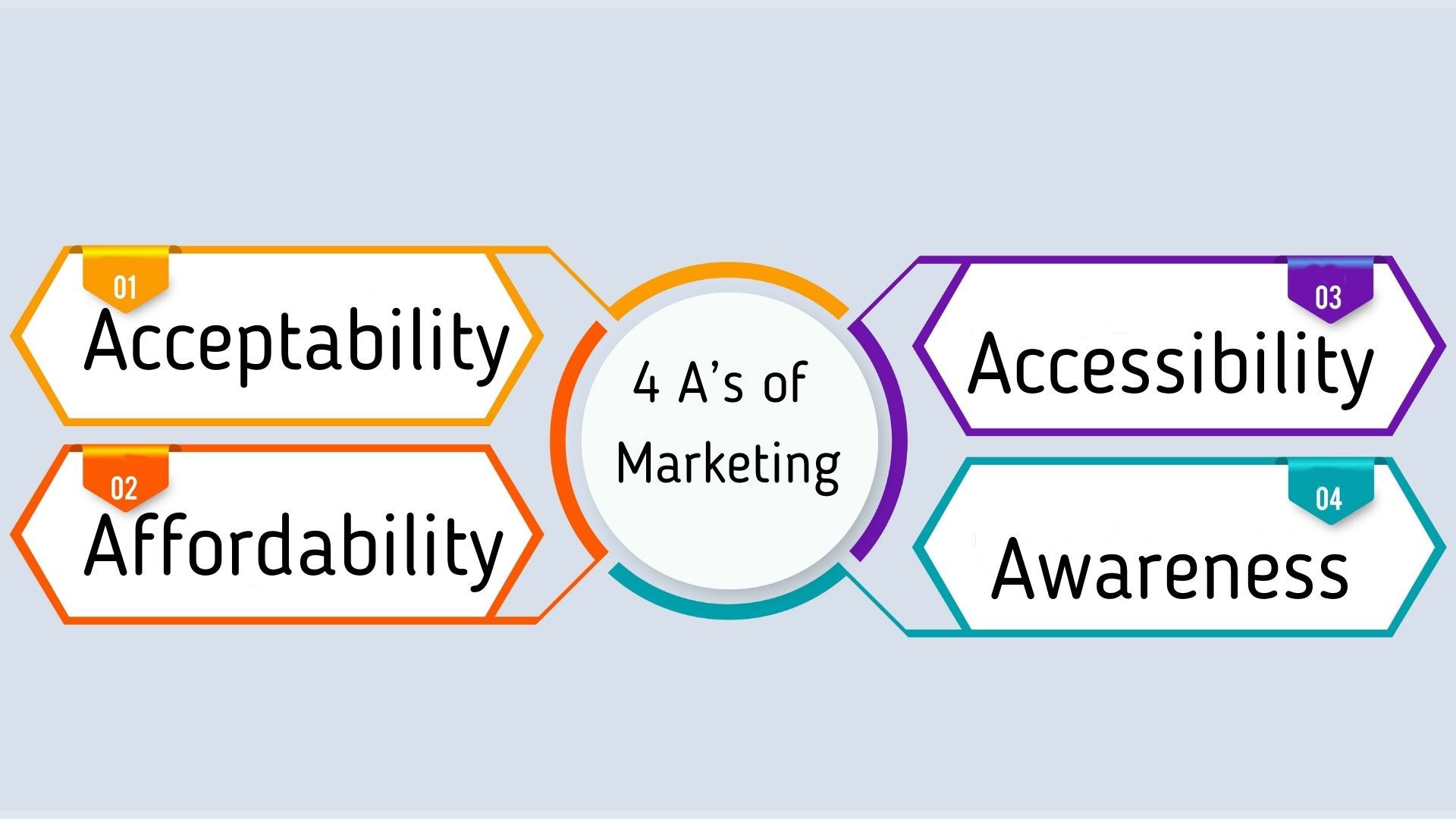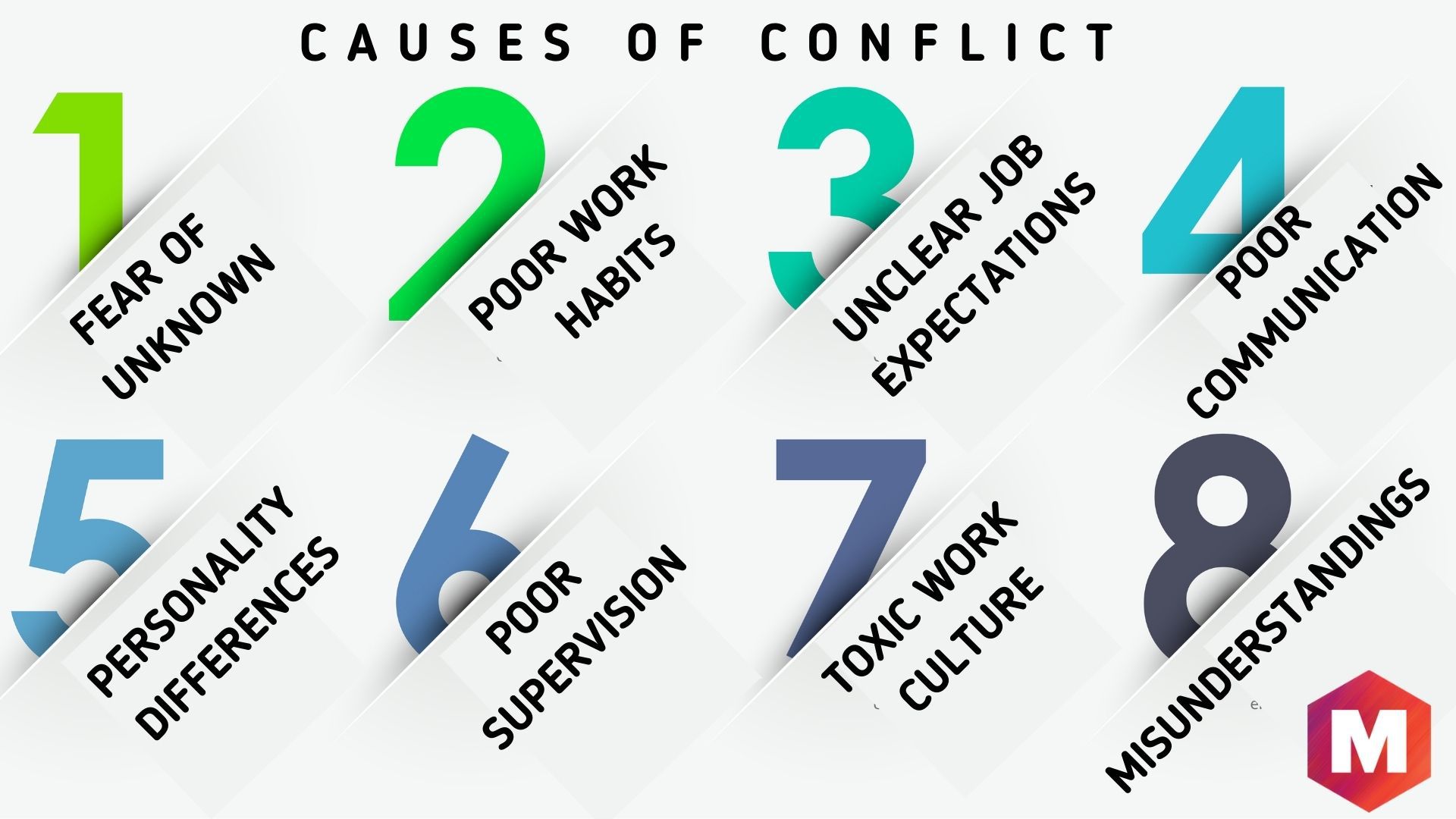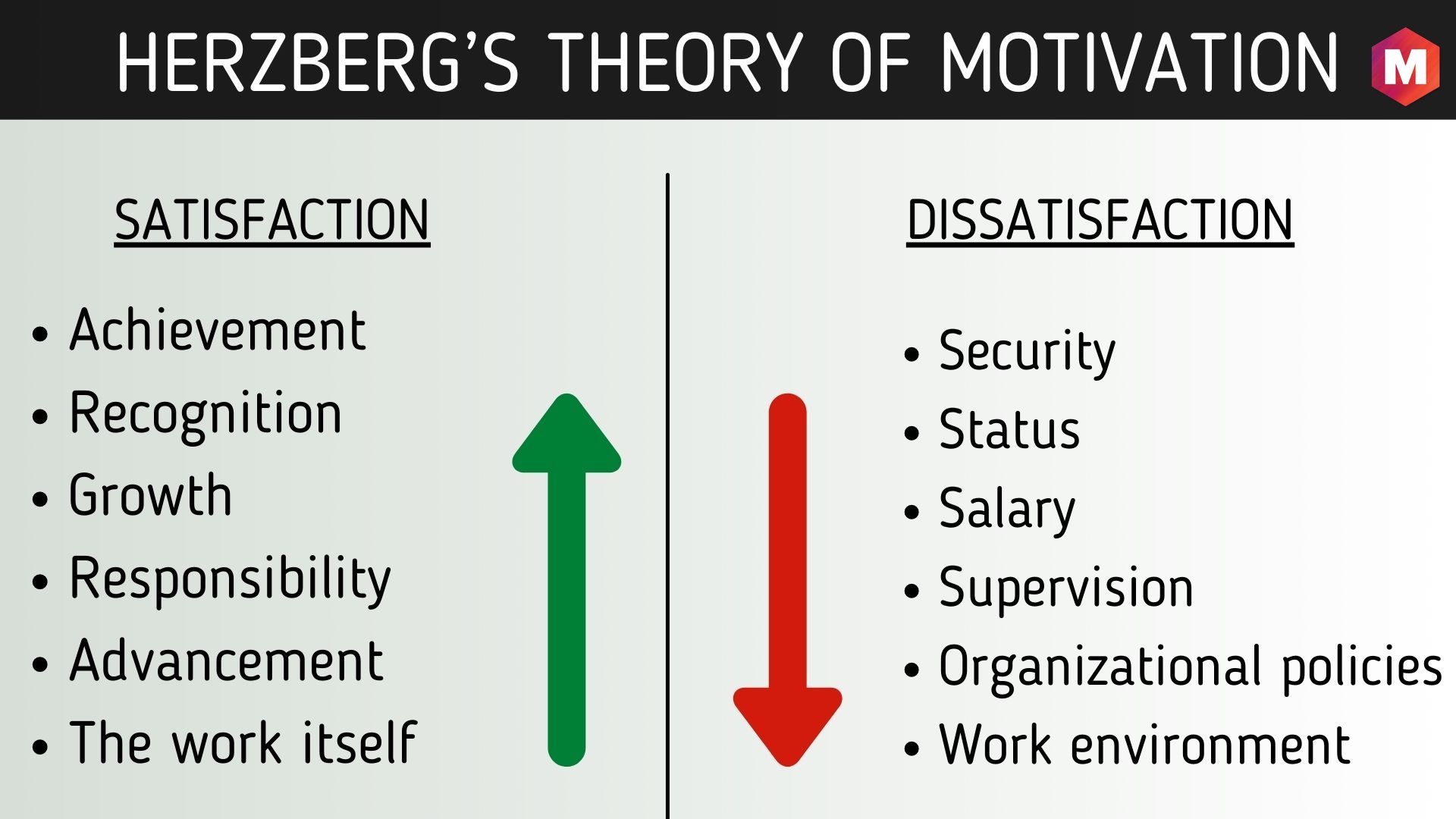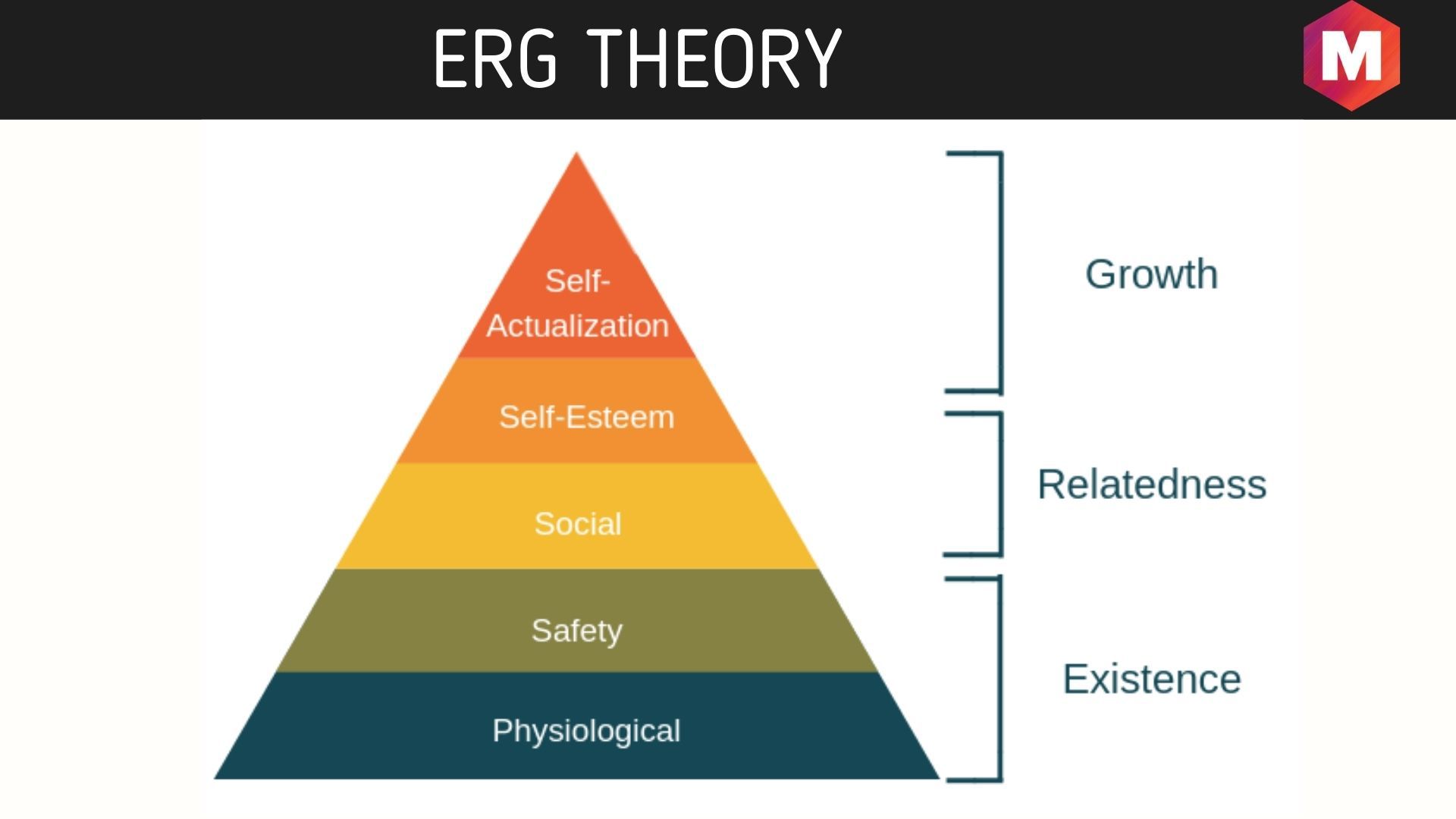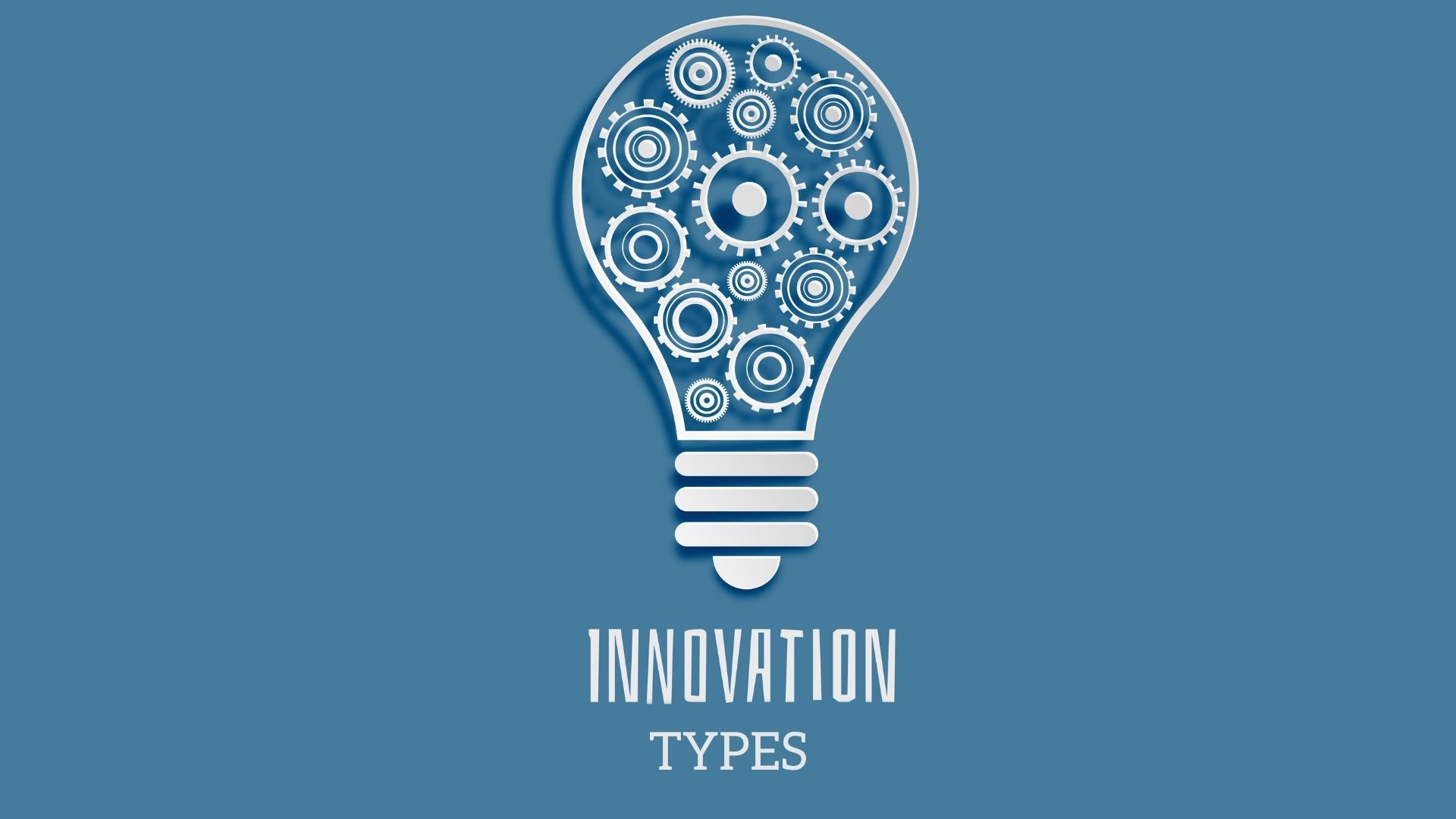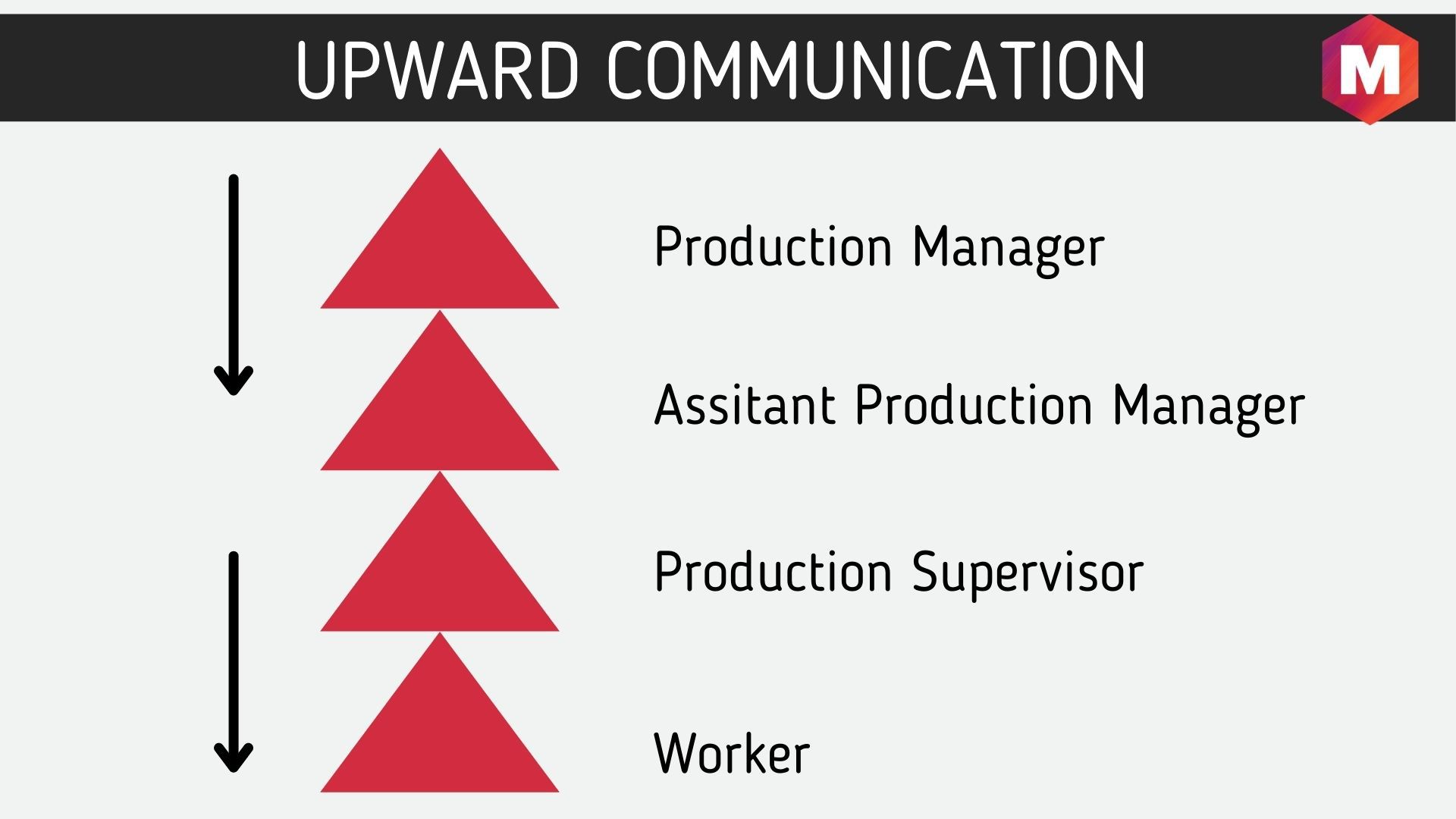Definition: Market cannibalization refers to the decrease in sales that happens when a company introduces a new product that replaces one of its own older…
Understanding the 9 Theories of Learning for Learners
Theories of learning revolve around Classical Conditioning, Cognitive Conditioning, Operant Conditioning, Social Learning, Behaviorist, Constructivist, Humanist, and Connectivist learning theories. Here, the process of learning…
5 Phases of ADDIE Model
The ADDIE model of instructional design is referred to as a process to develop, create and plan an effective learning management system. It is used…
What is Branding and How to Use It for your Business?
What is Branding? Branding is the process of creating a unique name and perception for a product or company in the consumer’s mind. Branding can…
Best Practices – Definition, Importance and Examples
Best practices are the methods that are accepted as better or superior to other available methods for solving any issues or problems, and that is…
Acculturation – Overview, Process and Strategies
Acculturation is a process of cultural, social, and psychological change for balancing two cultures generally in between dominant and minority culture. When people of one…
Top 20 Technology Brands in the world in 2025
Let’s dive into a world where tech brands are like the superheroes of our daily gadgets, making everything from chatting to binge-watching a breeze. Apple,…
Management Definition with Features, Functions and Styles
What is Management? Definition: Management is a process that administers and controls all the different affairs and functions of an organization to accomplish a business…
What is Effective Writing? & How to Write Effectively
Writing effectively and mere writing are two different terms. You can’t write effectively by just writing error-free sentences. Your expertise in a language doesn’t define…
Online Marketing – Definition, Importance and Components
Online marketing optimizes the reach, leads, conversions, and sales of businesses/brands on the web by using different digital marketing channels and strategies. An online marketing…
5 C’s of Marketing – Definition, Analysis and Examples
5 C’s of Marketing (Company, Customers, Competitors, Collaborators, and Climate) are useful in analyzing five key areas of a successful and well-defined marketing plan. Each…
4 A’s of Marketing Explained With Their Types
4 A’s of Marketing is customer-centric marketing that pays heed to the 4 values that matter most to the customers- Acceptability, Affordability, Accessibility, and Awareness….
8 Causes of Conflict in the Workplace and Organization
Causes of conflict are a common phenomenon that every organization is facing all around the world. Misunderstandings, miscommunication, disagreement are an integral part of the…
Talent Acquisition – Definition, Importance, Process and Tips
Talent acquisition is a process of identifying, acquiring, assessing, and hiring candidates to meet organizational needs. Every company has an effective talent acquisition team in…
Ethics in HR and How to Implement it in Human Resources?
Ethics in HR revolves around maintaining its moral codes and ethical values at all levels of an organization for effective manpower planning and development. Incorporating…
Technology Competence – Overview and Its Features
Every organization is equipped with the latest technology in the market. There are technological wars of different companies with each other. For example, Amazon competes…
10 Essential Sales Skills For a Successful Career in Sales
What are Sales Skills? Sales skills are defined as the set of abilities required in sales jobs. Sales jobs are omniscient since they are present…
Power – Role in Management, Meaning, Theories and Sources
Power in management refers to the positional power that comes because of the position of a manager in the organization. Managerial power plays a crucial…
Herzberg’s Theory of Motivation (Two-Factor Theory)
Herzberg’s Two-Factor Theory of Motivation explains the effect of attitude on motivation. What do the employees want? Are they looking for growth opportunities, solid workplace…
ERG Theory of Motivation With Its Implications
ERG Theory of motivation is a theory that describes how individuals are motivated by the three needs existence, relatedness, and growth. It states that these…
Top 20 Internet Companies Worldwide in 2025
Today’s internet is like a giant playground where big companies hold the ropes and slides. Google, Amazon, Facebook, Alphabet, and others have changed how we…
Lockout Tagout (LOTO) Procedure – Importance and Steps
Lockout Tagout is the procedure that ensures the complete shutdown of machinery and equipment until further notice. During this procedure, the piece of equipment remains…
Bargaining – Definition, Impact and Collective Bargaining
Bargaining is a form of the distributive negotiation process that happens between buyer and seller to debate and agree upon the price and nature of…
What is Market Saturation? How to Stand Out in a Saturated Market
Market saturation occurs when a product or service has reached its maximum demand in a market, and market growth becomes stagnant. Market saturation is a…
Benefits in Kind – Types, Methods, Values and Examples
What are Benefits in Kind? Definition: Benefits in kind are defined as different types of non-cash benefits of monetary value that employers offer to their…
Empathy – Definition, Signs, Types, Uses and Barriers
Empathy is the ability to imagine yourself in the place of someone else and feel what he is going through. It refers to connecting emotionally…
Salary Structure – Overview, Components and Types
Salary structure refers to the system used by employers to determine the compensation of an employee. Also known as pay scale it includes the details…
External Communication – Definition, Types, Goals and Strategies
External Communication is the transfer or exchange of information with external audiences such as customers, prospects, investors, suppliers, shareholders, target niche, leaders, banks, public, government…
Base Pay – Definition, Working, and Factors
Definition: Base pay is defined as the initial amount of money reimbursed to an employee in return for the employee’s service is called the base…
Product Leadership – Definition, Strategy & Responsibilities
The modern-day market has become extremely competitive – to survive in this market; businesses need product leadership. The concept of product leadership is all about…
Employee Handbook – Meaning, Contents and Examples
An employee handbook is a manual or a book was given by the employer to his employees to provide information related to the job. It…
Doblin’s 10 Types of Innovation Framework Explained
Whenever we need something so badly in the business landscape, innovation is bound to happen. From the slight improvement in the user interface of your…
Public Communication – Definition, Importance and Types
Definition: Public Communication can be defined as strategic communication to convey ideas, programs, though, presentations, data, propaganda, etc., to the masses, the public, government, students,…
Verbal Communication – Definition, Types, Importance and Difference from Non-Verbal
Verbal communication is a form of oral communication that happens between two or more persons in any form of speech or by using words. This…
Communication Strategy: Definition, Importance, Types and Success
A communication strategy is a plan through which a company can achieve the communication objectives. It constitutes different elements such as setting the goals of…
11 Communication Quotes and Sayings for Businesses
Communication quotes are a collection of words to boost morale and inspire people. Such quotes have a psychological effect on the individual. Communication in general…
Upward Communication – Definition, Types, Advantages and Differences Structure
Upward communication is defined as a communication process in which the managers, supervisors, directors receive information and messages from the lower level employees regarding works…
21 Communication Techniques to Help You in the Workplace
Communication techniques are methods used by a communicator, speaker, or listener to improve the effectiveness and reach of every conversation or interaction. For better understanding,…
Business Communication: Categories, Process and Benefits
Business communication entails a continuous & effectively regularized process to bring together both the information sharing subordinates & superiors under one cloud. It is also…
Visual Communication: Definition, Importance and Types
Visual communication is a means of conveying data and communicating information by using various visual mediums, for instance, graphic design, diagrams, text, prints, charts, illustrations,…
